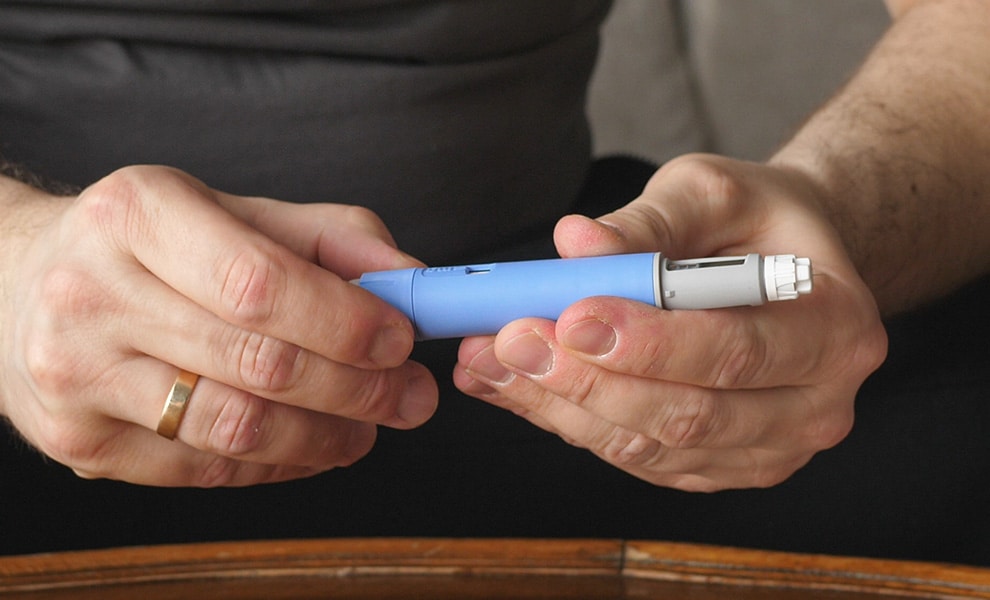
Ozempic, Mounjaro, and Wegovy are once-weekly injectable medications belonging to a class of drugs called GLP-1 receptor agonists.
Ozempic and Mounjaro are currently FDA-approved only to treat type 2 diabetes, while Wegovy is FDA-approved for weight loss. However, Ozempic and Mounjaro are frequently prescribed off-label by doctors for weight loss. Novo Nordisk manufactures Ozempic and Wegovy, while Mounjaro is Eli Lilly and Company’s competing product.
While these drugs are highly effective at helping patients lose weight, their effectiveness comes with a steep cost for many users, including:
- Gastroparesis (stomach paralysis)
- Persistent vomiting
- Persistent nausea
- Persistent diarrhea
If you or someone you love took Ozempic, Mounjaro, or Wegovy and suffered any of these symptoms, we want to hear from you. The South Carolina defective drug lawyers at Joye Law Firm are working hard to help victims of these medications get the compensation they deserve. Contact us anytime for a free consultation.
How Do GLP-1 Receptor Agonist Medications Work?
Drugs in the GLP-1 receptor agonist class of medications work by mimicking the action of a hormone called glucagon-like peptide 1. When people eat and their blood sugar levels rise, GLP-1 receptor agonists stimulate the body to produce more insulin. In turn, the extra insulin lowers blood sugar levels.
Although doctors and scientists are unsure exactly how GLP-1 receptor agonists help patients lose weight, they know that the medications slow food movement from the stomach into the small intestine. This can help patients feel full faster while eating and continue feeling full for longer, which can result in a caloric deficit and weight loss.
Increased Risk of Anesthesia-Related Complications When Taking Weight Loss Drugs
According to a report by CBS News, the slower movement of food from the stomach into the intestines caused by these drugs can increase surgical patients’ risk of fatal complications under anesthesia.
Before surgery, anesthesiologists require patients to stop eating several hours before their procedures to reduce the risk of aspirating food and liquids. Because GLP-1 receptor agonists slow the rate the stomach empties, it means some patients may end up under general anesthesia and on the operating table with food still in their stomachs.
People who aspirate food under anesthesia can suffer from a complication called pulmonary aspiration, resulting in severe lung damage, infections, and death.
How Can Ozempic, Mounjaro, and Wegovy Cause Unpleasant and Painful Digestive Symptoms?
Ozempic, Mounjaro, and Wegovy can cause debilitating symptoms of the digestive system the same way they help patients lose weight—by slowing down digestion and keeping food in their stomachs for longer periods. According to CBS News, at least 10% of patients taking GLP-1 receptor agonist medications must stop using them because the side effects don’t improve.
In addition to physical symptoms, patients may experience stress, anxiety, and depression due to the “gut-brain connection.” When people experience chronic and persistent stomach pain, nausea, vomiting, and diarrhea, they may struggle with their mental health, mood, and energy levels.











